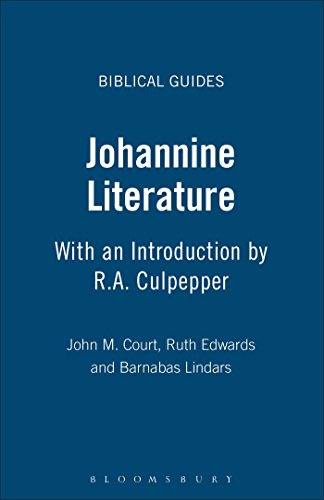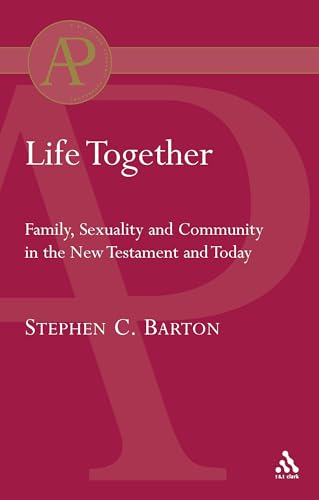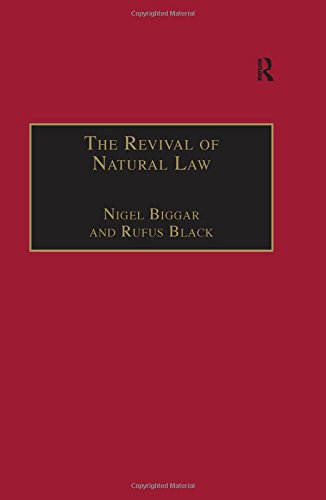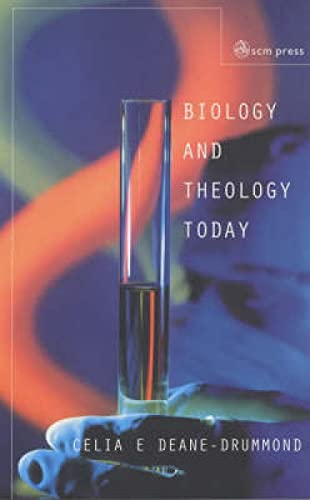The Johannine Literature
Written by B. Lindars, R.B. Edwards and J.M. Court Reviewed By Alistair I. WilsonThe Sheffield New Testament Guides series has incorporated numerous quality introductions to the various NT documents, which have been widely used by teachers and students of the NT over the past decade. The problem with such introductions, of course, is that they quickly become dated as research moves on. In an attempt to retain the full value of these guides, the publisher is reissuing them in a new format, in which several guides are grouped together into a single volume and a leading scholar provides an introduction to the particular selection of biblical documents. In this case the guides gathered together were written by the late Barnabas Lindars (the Gospel according to John), Ruth B. Edwards (the letters of John) and John M. Court (Revelation). Lindars’ volume was originally published in 1990, Court’s in 1994 and Edwards’ in 1996. The bibliographies found at the end of each chapter (annotated throughout in Lindars’ section, mainly without annotation in the other two sections) have been updated to include material from the late 1990s but no attempt has been made to update the original text.
Culpepper’s introductory essay briefly comments on genre, authorship, text, language and style, use of the OT and thought. Lindars is disappointingly dismissive regarding the historical foundation of John’s account (e.g., ‘To me the Beloved Disciple is a creation of the evangelist in order to serve a specific function.’ p. 43) but he does give the reader a useful overview of the scholarly debate. His chapter on the theological themes of the Gospel is helpful. Edwards’ discussion of the Johannine letters provides concise evaluation of a number of thorny issues with clear presentation of evidence and arguments. There are theological chapters on Christology, the love of God and ‘Sin, Forgiveness, Judgment and Eschatology.’ Court, in his section on Revelation, draws on a variety of methods and makes the drama of the text his primary concern.
While readers who already possess the original editions of these guides will probably not want to buy this new edition for the sake of a few updated bibliographies, those who are new to them will find here a useful contribution to their learning (even if that is through disagreement).
Alistair I. Wilson
Alistair I. Wilson
Highland Theological College UHI
Dingwall, Scotland, UK






